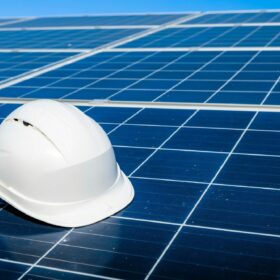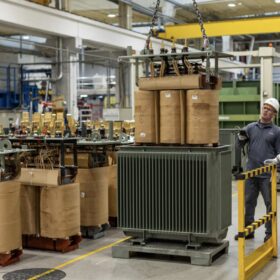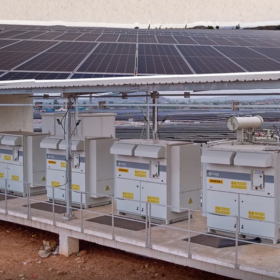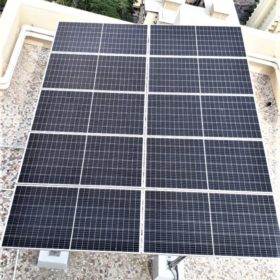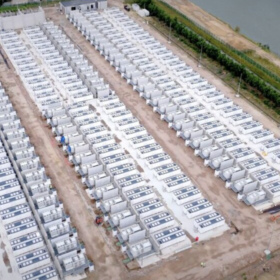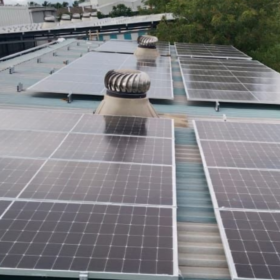Premier Energies buys 51% stake in EPC JV with BA Prerna Renewables
Indian solar manufacturer Premier Energies has completed the acquisition of 104,550 equity shares of HeliosAnthos Energies, securing 51% of the company’s paid-up equity share capital. HeliosAnthos Energies is a joint venture between Premier Energies and BA Prerna Renewables, formed to expand Premier’s presence in the engineering, procurement and construction (EPC) segment of renewable energy projects.
Silver prices resume upward trend
Silver prices have resumed their climb, reaching $95 per ounce this morning. Silver analyst Philip Newman tells pv magazine that escalating tensions in the Middle East are expected to continue driving investment demand for safe-haven assets such as gold and silver.
Global energy transition hits a hardware bottleneck
As transformer lead times double and US prices surge 79%, a manufacturing “supercycle” struggles to keep pace with the explosive growth of AI data centers and renewable energy.
MNRE’s GIB‑related SCOD relief to benefit 8.6 GW RE projects: India Ratings
India Ratings and Research (Ind-Ra) said the Ministry of New and Renewable Energy’s decision to treat commissioning delays arising from the Supreme Court’s ongoing proceedings in the Great Indian Bustard (GIB) matter as a force majeure‑like event provides material relief to developers of approximately 8.6 GW of renewable capacity.
FOB China TOPCon solar cell prices hold steady as market awaits post-holiday reassessment
In a new weekly update for pv magazine, OPIS, a Dow Jones company, provides a quick look at the main price trends in the global PV industry.
India expected to install about 42.5 GW of new solar capacity in 2026: JMK Research
India installed around 37.8 GW of solar capacity in CY2025. This comprised about 28.6 GW of new utility-scale solar, a 54.6% increase from 2024, and 7.9 GW of rooftop solar, up 72% year on year. Off-grid additions stood at 1.35 GW, compared to 1.48 GW in 2024.
India installs 7.1 GW of rooftop solar in 2025, up 122% YoY
Residential consumers accounted for 76% of rooftop solar capacity additions in 2025, driven by the PM Surya Ghar: Muft Bijli Yojana program.
Solar manufacturers downplay impact of US countervailing duties
Leading solar manufacturers say proposed US countervailing duties on Indian solar cells and modules are unlikely to materially impact their businesses.
SolarPower Europe issues due diligence guide for PV-BESS
SolarPower Europe has released new technical due diligence guidelines for utility-scale solar-plus-storage projects, covering risk, engineering and lifecycle standards for co-located PV and battery systems.
What India needs to accelerate sustainable lending post-budget
The next phase of green growth will depend on how quickly capital reaches businesses that are ready to modernize, become energy-efficient, and invest in cleaner production systems. The question is no longer whether sustainable lending will grow, it is how fast we can remove the barriers preventing it from scaling.
